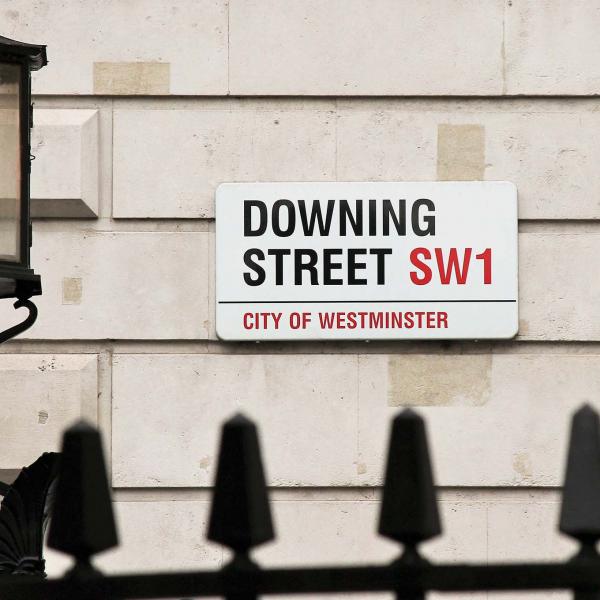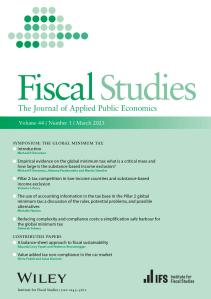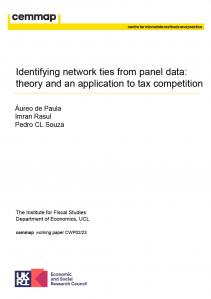The EU Commission has opined that the UK’s Patent Box breaches the code of conduct for business taxation, which aims to prevent countries from operating policies that result in harmful tax competition. The Patent Box provides a 10% rate of corporation tax for the income deemed to be derived from patents. The policy, originally announced by the previous Labour Government, came into effect in April this year. Once fully in place it is estimated by the Office for Budget Responsibility to cost £1.1 billion a year. One aim of the policy is to encourage innovative activities in the UK. The government highlighted that the policy focuses on patents, as opposed to other forms of intellectual property, because they have "a particularly strong link to ongoing high-tech R&D".
In previous work IFS researchers have highlighted some of the concerns surrounding the Patent Box. Notably, the policy is poorly targeted at incentivising research. This is largely because the policy targets the income from a successful idea and not the underlying research activities. Much of the benefit will accrue to large profitable firms that earn the majority of income from patents. The Patent Box may help to ensure that such firms continue to locate activity in the UK. However, the policy does not require that the innovative activity underlying a patent take place in the UK. In addition, the extent to which the policy succeeds in attracting new activity has likely been eroded by the introduction of similar policies in 10 other European countries.
The Code of Conduct group also raises concerns that the Patent Box may not be sufficiently related to the real activities that the policy aims to promote. They have challenged the specific design of the UK regime based on their assessment that it breaches two provisions. First, the Patent Box may grant tax advantages without requiring any real economic activity in the UK. This may arise if, for example, a firm owns the intellectual property in the UK but conducts research and commercialisation in other countries. Second, the rules for determining eligible profits are deemed to depart from internationally accepted principles. In contrast to other countries, the UK Patent Box does not require profits to be associated with individual patents. This potentially allows for a broad scope of income to be included in the provision. In both cases the Code of Conduct group have raised concerns that the UK rules are not sufficiently transparent and may lead to multiple interpretations, some of which allow abuse of the regime.
The code of conduct is not binding, although it has tended to be followed by governments. The Commission's assessment will be discussed by Member States at a meeting of the Code of Conduct Group on 22 October. The UK government will likely argue that the policy does not breach the provisions. If the Commission upholds the claim the UK government will come under pressure to amend the policy.
However, the broader issue is whether Patent Boxes in general result in tax competition that lowers revenues for governments without providing offsetting benefits. The regimes in Belgium, France, Spain and the Netherlands have previously been reviewed and not deemed to represent harmful tax competition. Recent research at IFS describes the range of policies available in the UK and 10 other European countries, including France, Spain and the Benelux countries. Many offer much lower rates than the UK (including 0% in Malta and 2% in Cyprus) and include a broader range of intellectual property. In some respects elements of their design may be preferable to the UK Patent Box. But there are also regimes that are more generous than the UK and more likely to attract income independently of economic activities. While the precise designs of regimes are different, in practice many of their economic effects are likely to be similar. All raise concerns over tax competition. There is now a strong case for the EU Commission to undertake a full review of the policies.







